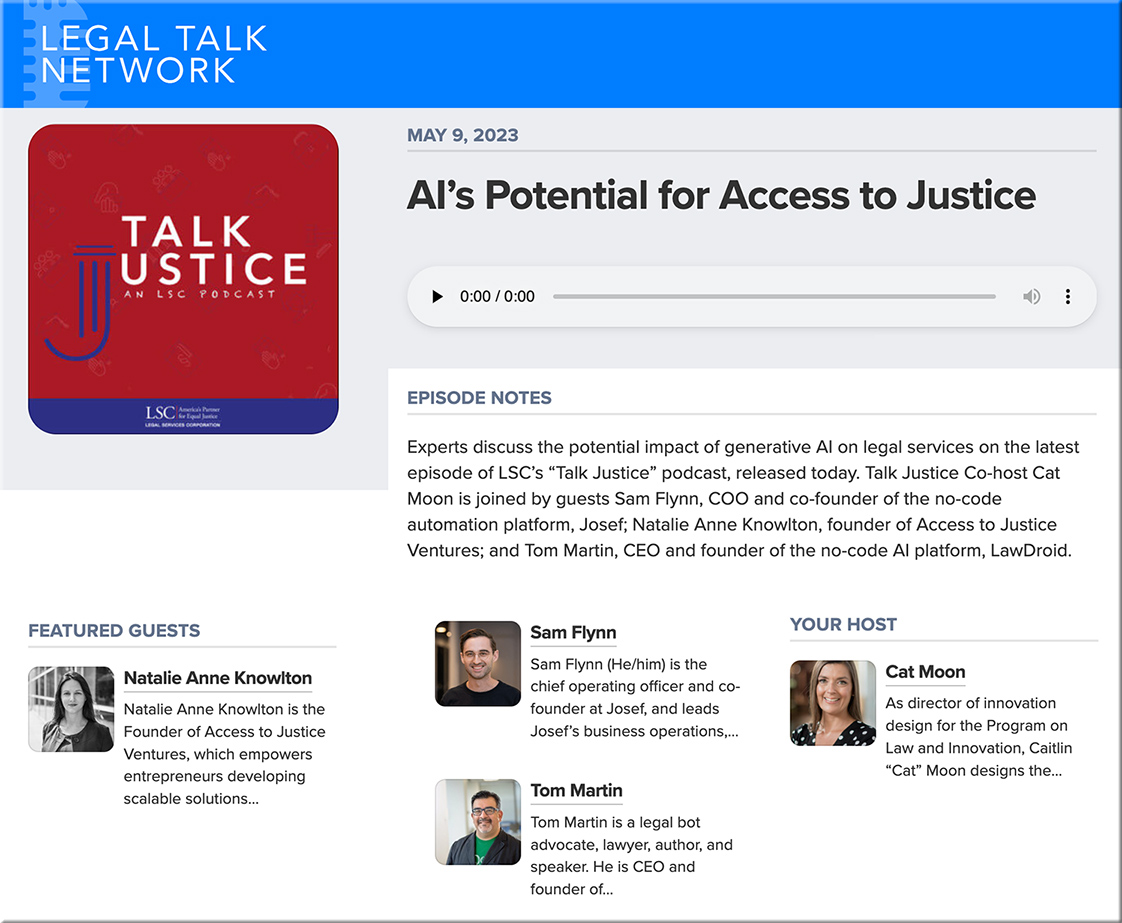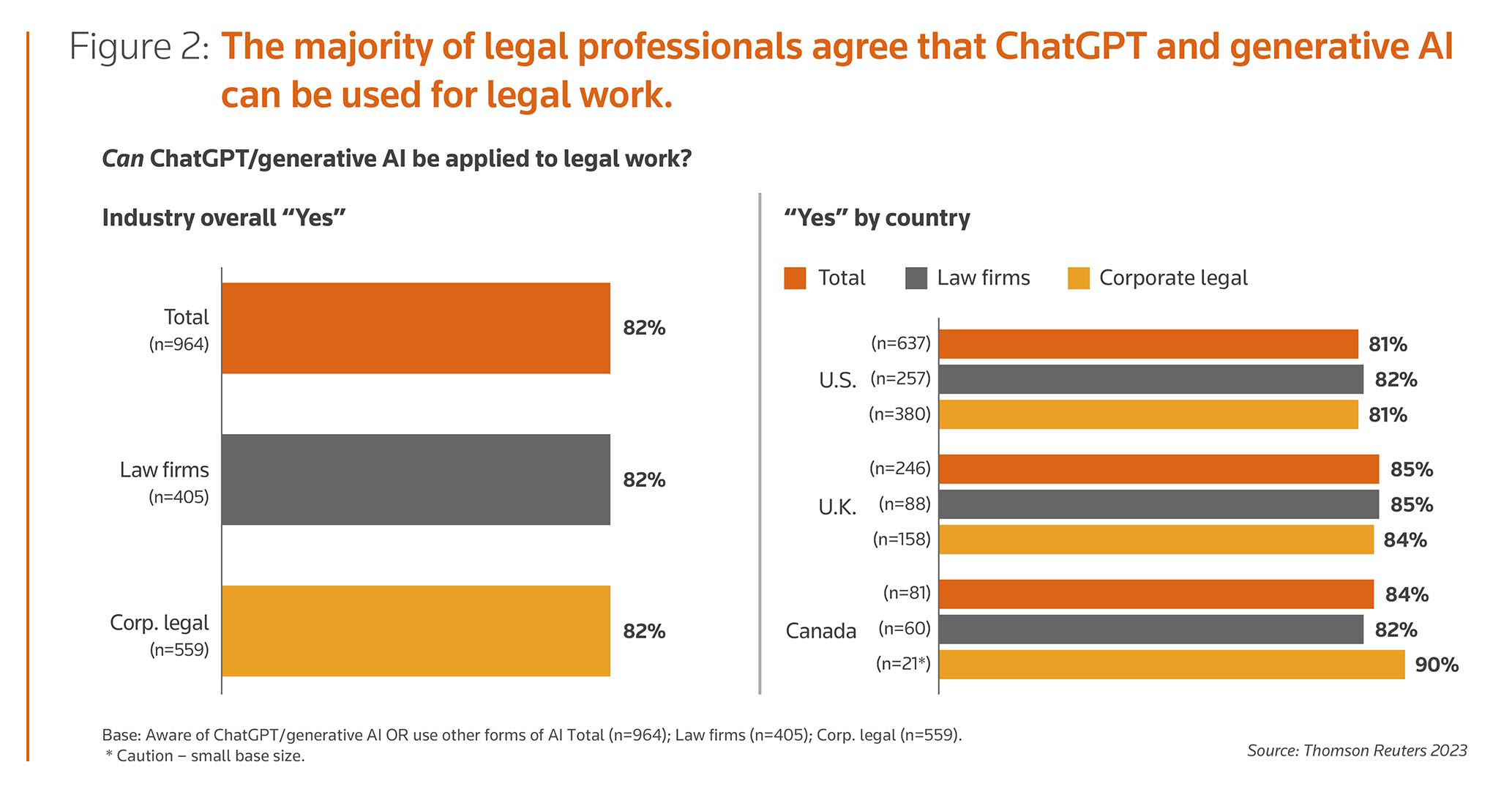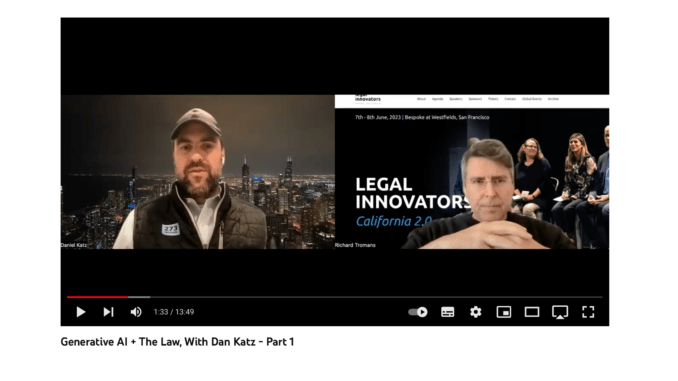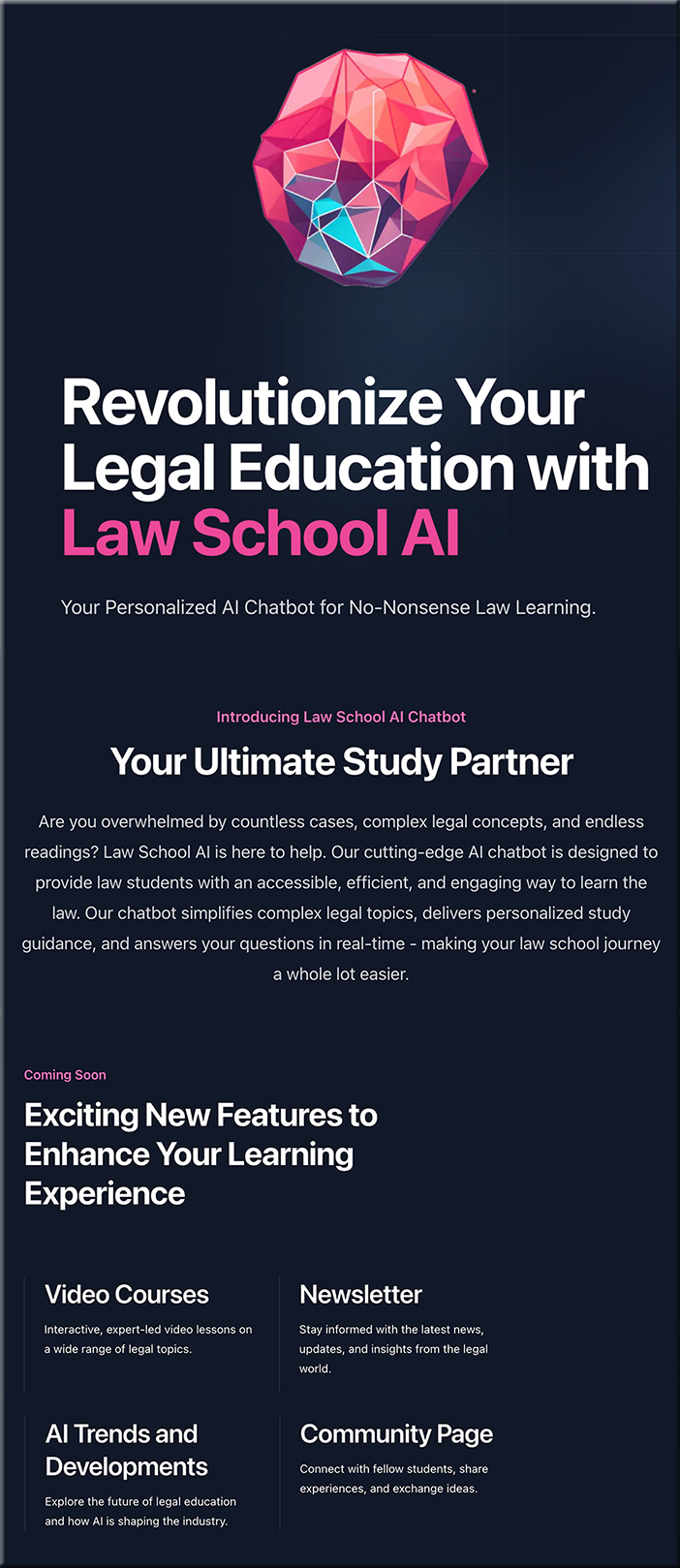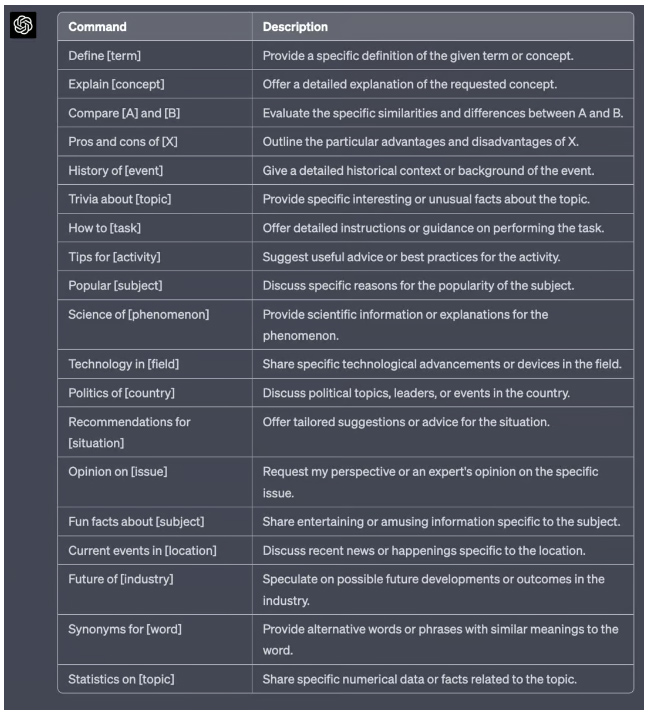Pilot projects using AI in legal world produce mixed results, but still promising: legal tech panel — from canadianlawyermag.com by Zena Olijnyk
Canadian Legal Tech Summit attendees hear of challenges, benefits of AI as ‘hype’ continues to grow
Excerpt:
A pilot project designed to test the potential of artificial intelligence tools at McCarthy Tétrault LLP showed that certain types of applications for the legal profession seemed to work better than others, panellists told attendees to the recent Canadian Lawyer Legal Tech Summit.
“I would say that the results were mixed,” David Cohen, senior director of client service delivery for the firm. During the panel, moderated by University of Calgary assistant professor Gideon Christian, Cohen spoke about a pilot of about 40 lawyers from different practices at the firm who used an AI platform with only public data.
The group [testing the platform] said it needs to get better before we start using this for research,” he said. However, he said, when it came to tasks like generating documents, reviewing 100-page cases “and summarizing and analyzing them,” the AI platforms did much better.
What are the top legal technology trends in 2023? — from legalitprofessionals.com
Excerpt:
To help with this, our Client Success Team have summarised the eight key legal technology trends in the market, as well as the themes discussed at recent legal technology events and conferences including the British Legal Technology Forum and iManage ConnectLive Virtual 2023, both of which we were proud to sponsor.
On a somewhat related note, also see:
Designing the Law Office of the Future — from workdesign.com by Deborah Nemeth
Deborah Nemeth of SmithGroup shares how inspiration from higher education and hospitality can help inform the next evolution of the law office.










